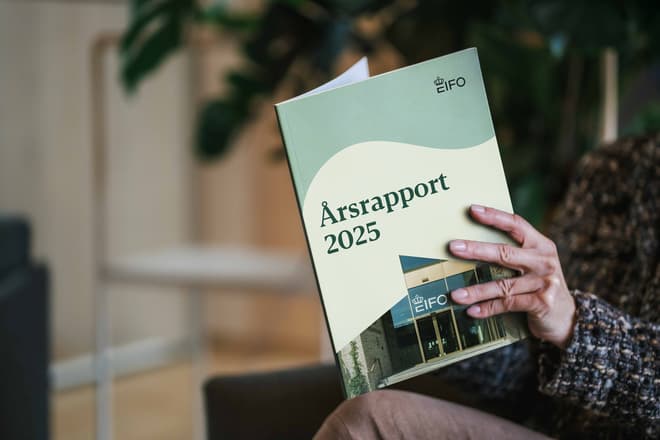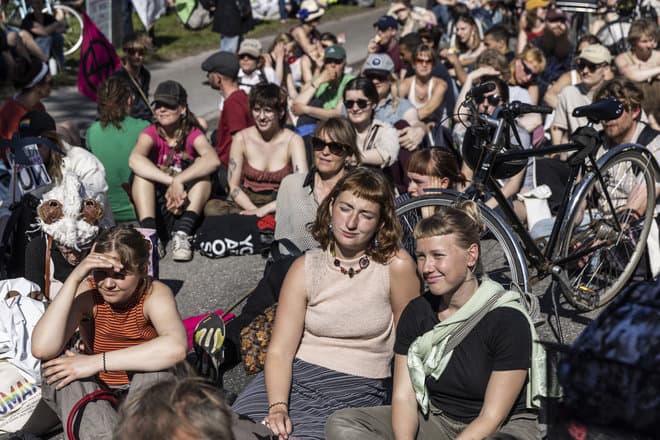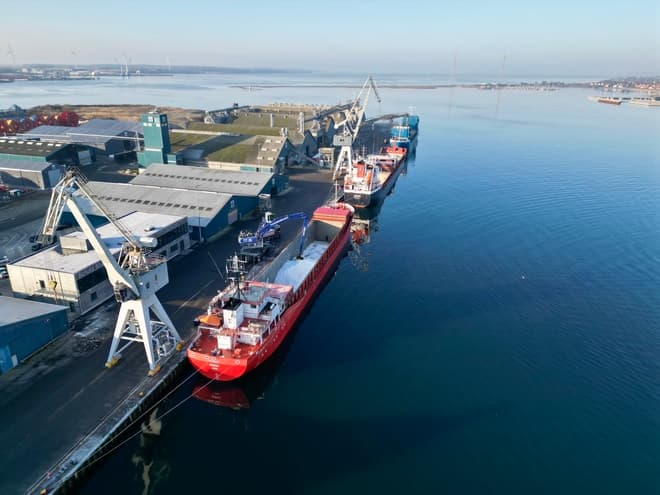The rising electricity prices are costing Danish industrial companies very large sums. This is shown by new calculations from Dansk Industri. For companies with a large consumption of electricity - 100,000 MWh per year - the additional bill due to the rising electricity prices will amount to 22.6 million DKK in one year.
For companies with medium-sized consumption - 20,000 MWh per year - the additional cost will amount to 4.5 million DKK, while companies with a smaller consumption of 2,000 MWh can expect an additional cost of 453,000 DKK.
This corresponds to an additional cost of 77 percent. compared to the most recent normal year, 2019. Of course, for those companies that have not signed a fixed-price contract – and therefore pay spot prices for electricity that change from minute to minute.
- The rising electricity prices are due, among other things, to high demand as a result of the strong economic recovery following the corona crisis. At the same time, supply has not been able to keep up. Weather conditions have led to less electricity production from wind and hydropower combined with a cold winter and hot summer, which has increased the need for energy for heating and cooling buildings, says Troels Ranis, industry director for DI Energi, to the business media DI Business.
At the same time, he mentions that the long-term insurance is an expansion of renewable energy sources:
- More wind and more sun are a cornerstone of the solution to high energy prices - and that is the path we need, everyone agrees on that, now we just need to keep up the pace, says Troels Ranis
Check electricity consumption closely
However, the question is also what companies should do in the acute situation. DI Energi's director Troels Ranis calls on companies to take a close look at their electricity consumption:
- You should look at whether you can improve energy efficiency, save electricity and change workflows or production methods, explains Troels Ranis.
At the same time, companies can consider whether it makes sense to enter into a fixed-price agreement for the supply of electricity - at the time of writing, most companies have contracts where the cost of electricity is based on the current price. The problem, however, is that fixed-price agreements have also skyrocketed.
- Whether it is a good business depends on the development of prices in the coming time, but a fixed-price agreement will of course have the advantage that you will know your expenses in the future, points out Troels Ranis.
He adds that it is very difficult to predict the development of electricity prices, which in the future will also be affected by the strength of the economic recovery and weather conditions that affect the production of electricity.
amp
Text, graphics, images, sound, and other content on this website are protected under copyright law. DK Medier reserves all rights to the content, including the right to exploit the content for the purpose of text and data mining, cf. Section 11b of the Copyright Act and Article 4 of the DSM Directive.
Customers with IP agreements/major customer agreements may only share Danish Offshore Industry articles internally for the purpose of handling specific cases. Sharing in connection with specific cases refers to journaling, archiving, or similar uses.
Customers with a personal subscription/login may not share Danish Offshore Industry articles with individuals who do not themselves have a personal subscription to Danish Offshore Industry.
Any deviation from the above requires written consent from DK Medier.


























